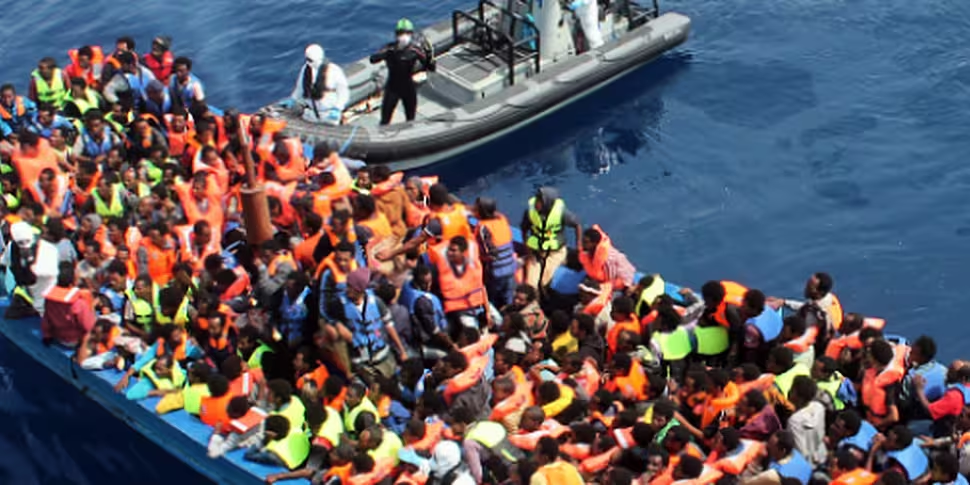European leaders will meet in Brussels later today to discuss a potential agreement designed to halt the illegal passage of migrants and refugees into the EU.
Delegates from 28 nations are going to examine a deal proposed by Turkey - which would see the country take back people who try to travel to Greece across the Aegean Sea, as well those who successfully make it to Greek islands.
For every person that Turkey accepts from Greece, a Syrian refugee would be resettled in Europe - in what is being described as a "one in, one out" policy.
In exchange, Ankara wants a second aid instalment of €3bn (£2.36bn) to help the Syrians in its refugee camps - in addition to visa-free travel to the EU for Turkish citizens, and talks designed to advance its accession to the European Union.
The summit faces considerable obstacles before an agreement is reached, as some EU states have expressed concern at the prospect of vulnerable people being sent to a country with a patchy human rights record.
Despite this, it is hoped a deal would "break the business model of people smugglers and offer migrants an alternative to putting their lives at risk".
A draft document outlining the proposal describes it as "a temporary and extraordinary measure which is necessary to end the human suffering and restore public order".
Turkish Prime Minister Ahmet Davutoglu first made the proposal during talks in Brussels on 7 March, with European Council President Donald Tusk saying "the days of irregular migration to Europe are over".
But clamping down on the well-trodden migration route could be difficult, as some EU courts may rule the measures proposed are not legal.
During the summit, David Cameron is also set to warn that EU leaders should be preparing for the possibility of a fresh wave of illegal migration across the Mediterranean Sea from Libya - a route where thousands of refugees have died in recent years.
Ministers have insisted there are no plans for the UK to send troops or conduct airstrikes in an attempt to quash Islamic State and support the unstable country's new government.
The Prime Minister vowed on Wednesday that he would seek Commons approval prior to the deployment of any "conventional" troops to Libya - in remarks which appeared not to rule out the use of special forces.
Dangerous Precedent
European border closures are worsening the humanitarian crisis with people being used as bargaining chips by EU Members, according to Oxfam Ireland.
The charity says a decision to shift the EU's responsibility to protect refugees to Turkey would see the bloc bargaining its core values.
Its Chief Executive says a meeting of the European Council this week may set a dangerous precedent where human rights obligations no longer matter.
Jim Clarkin says people are being denied their basic rights:









